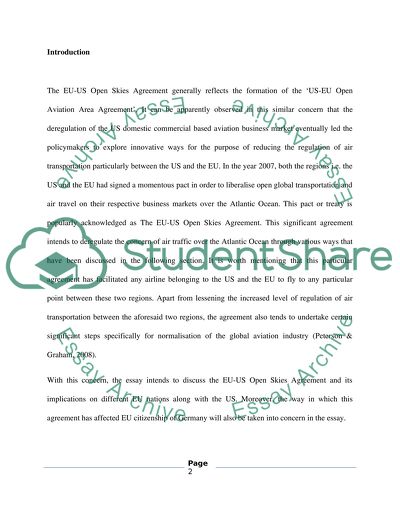Cite this document
(“How has the EU-US Open Skies Agreement Affected EU Citizenship of Essay”, n.d.)
How has the EU-US Open Skies Agreement Affected EU Citizenship of Essay. Retrieved from https://studentshare.org/law/1492736-how-has-the-eu-us-open-skies-agreement-affected-eu-citizenship-of-germany
How has the EU-US Open Skies Agreement Affected EU Citizenship of Essay. Retrieved from https://studentshare.org/law/1492736-how-has-the-eu-us-open-skies-agreement-affected-eu-citizenship-of-germany
(How Has the EU-US Open Skies Agreement Affected EU Citizenship of Essay)
How Has the EU-US Open Skies Agreement Affected EU Citizenship of Essay. https://studentshare.org/law/1492736-how-has-the-eu-us-open-skies-agreement-affected-eu-citizenship-of-germany.
How Has the EU-US Open Skies Agreement Affected EU Citizenship of Essay. https://studentshare.org/law/1492736-how-has-the-eu-us-open-skies-agreement-affected-eu-citizenship-of-germany.
“How Has the EU-US Open Skies Agreement Affected EU Citizenship of Essay”, n.d. https://studentshare.org/law/1492736-how-has-the-eu-us-open-skies-agreement-affected-eu-citizenship-of-germany.


